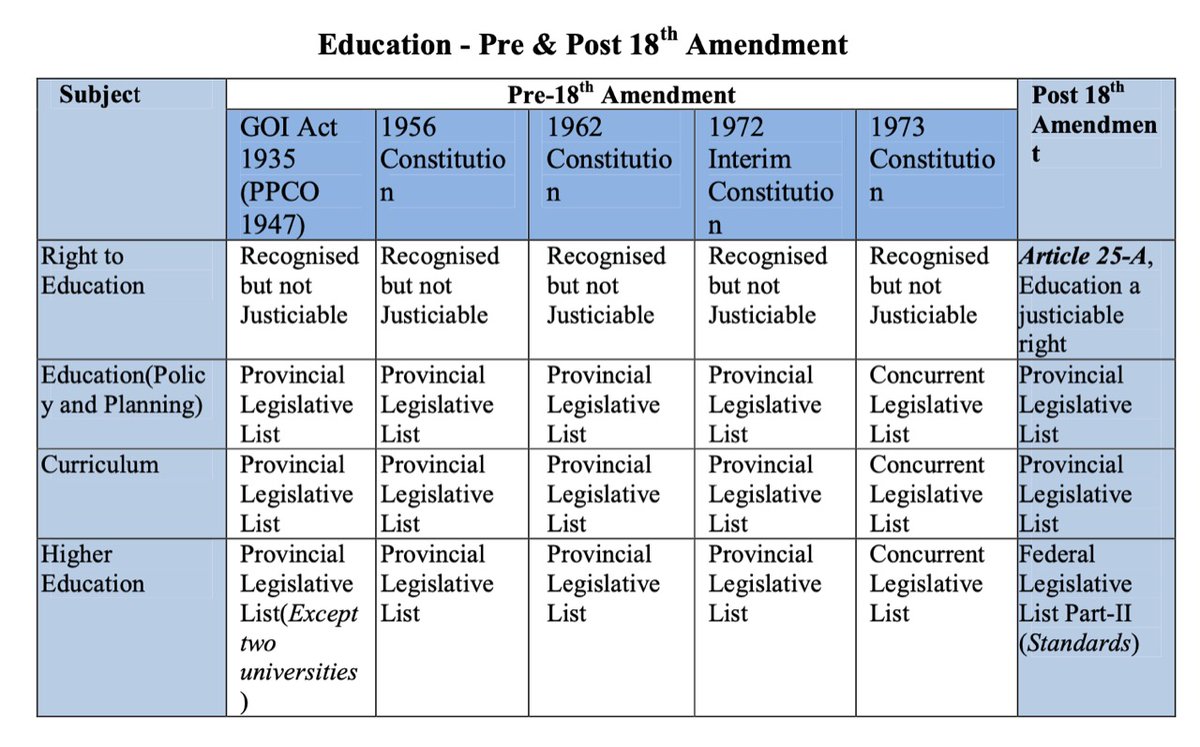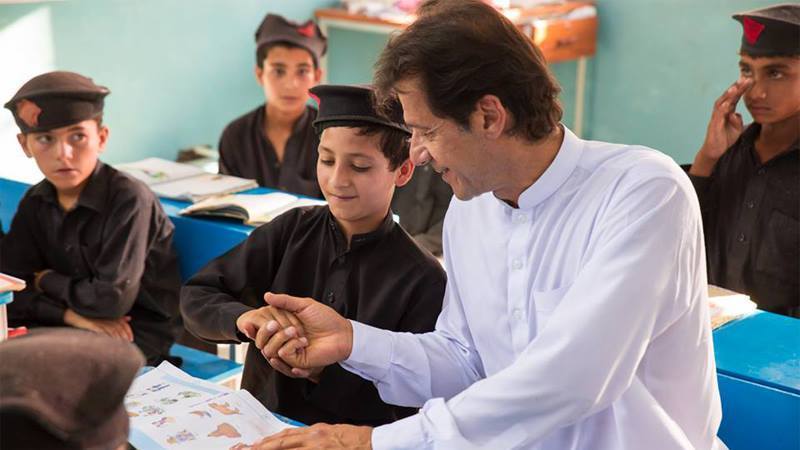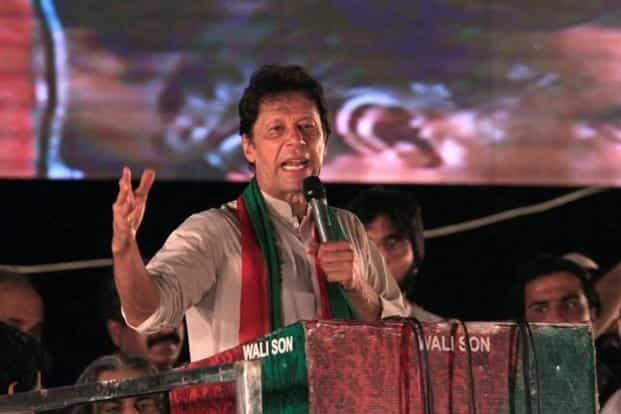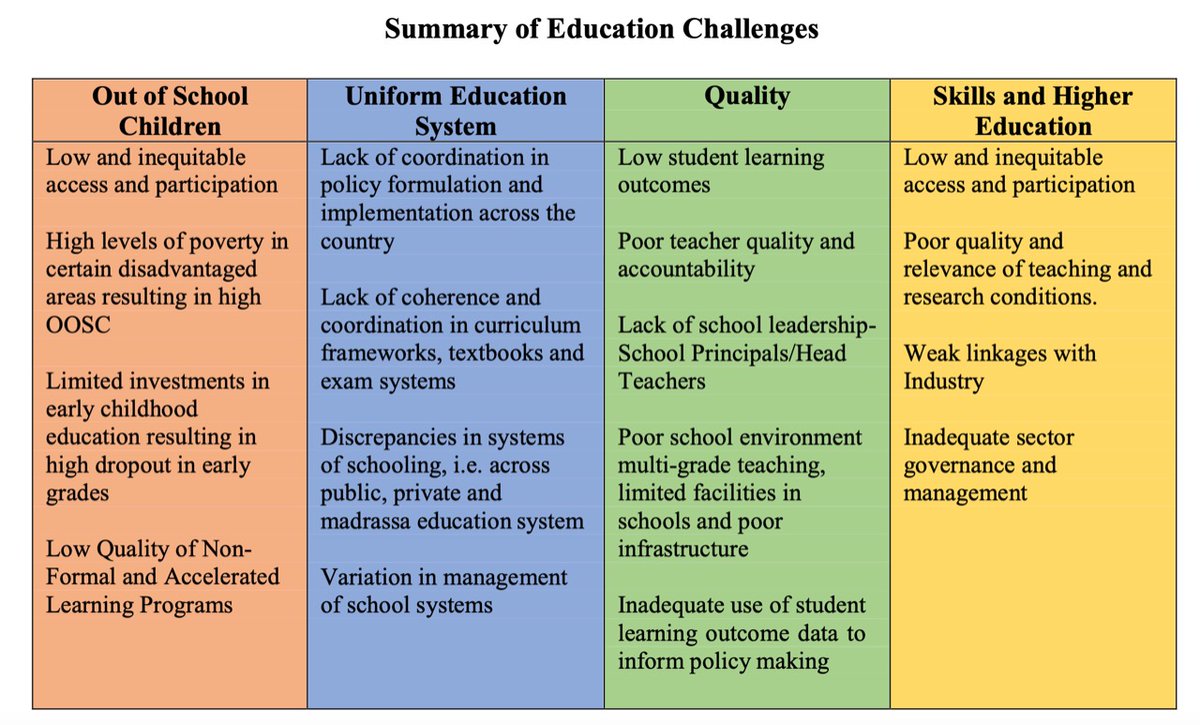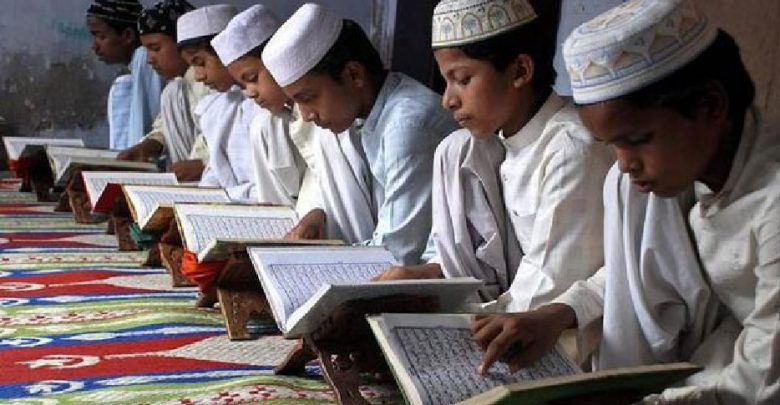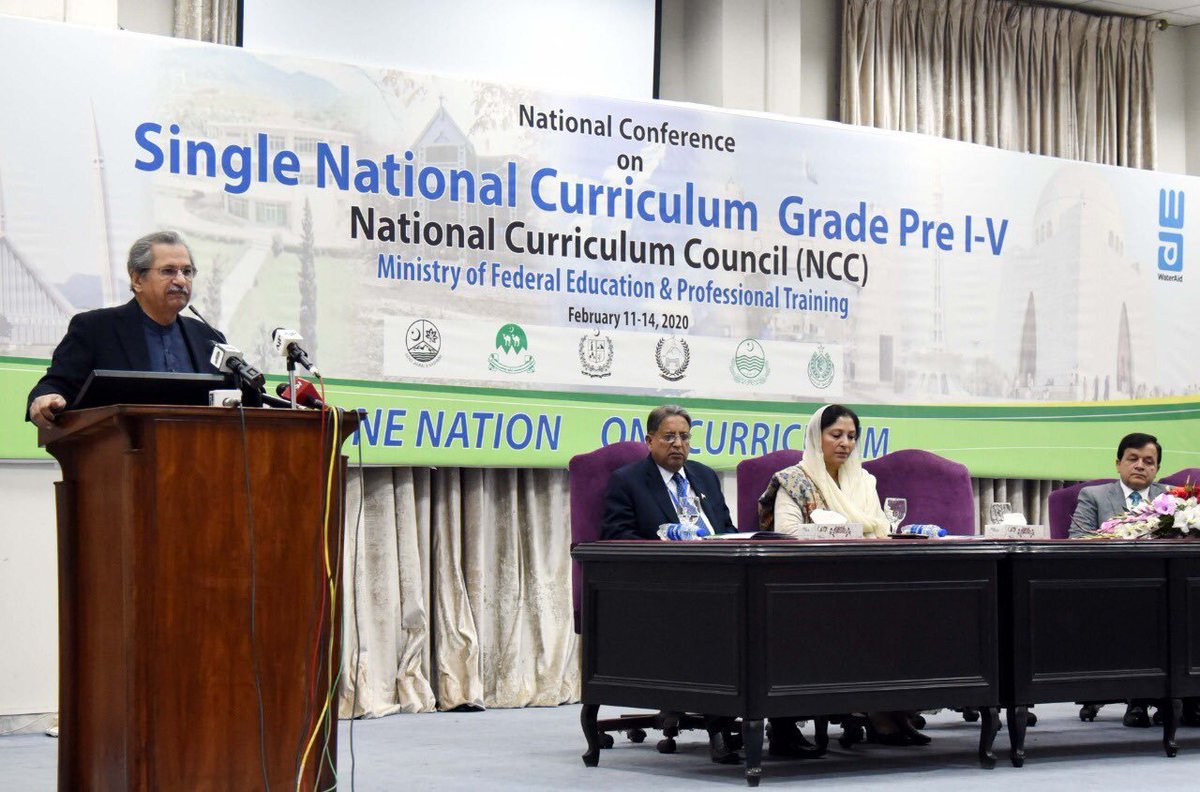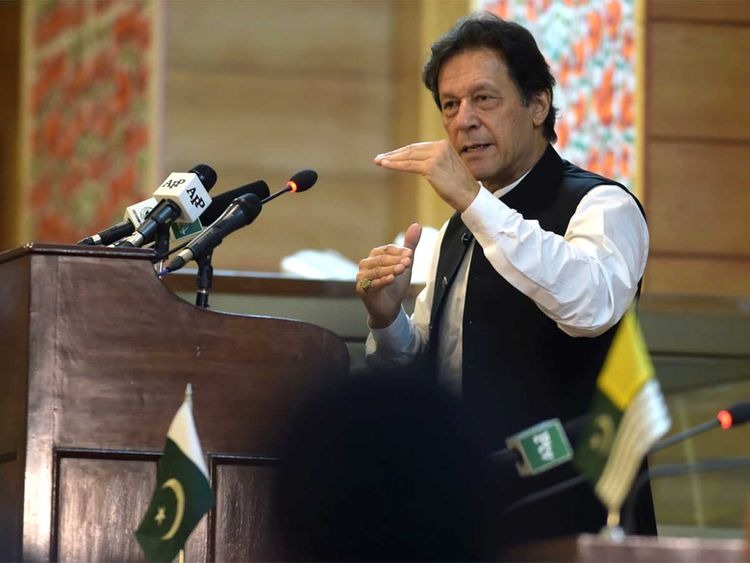Education reforms have been a pressing issue for as long as we’ve been independent.
As we progress to stand at par with the world, education budgets and curriculums remain major areas which need focus, innovation and strong leadership. (1/n)
As we progress to stand at par with the world, education budgets and curriculums remain major areas which need focus, innovation and strong leadership. (1/n)
2. Single National Curriculum looks like a step in the right direction. Let’s have a look at what all has been done so far.
The 1973 constitution placed Education Policy & Planning, Curriculum & Higher Education under Concurrent Legislative Subjects.
@Shafqat_Mahmood
The 1973 constitution placed Education Policy & Planning, Curriculum & Higher Education under Concurrent Legislative Subjects.
@Shafqat_Mahmood
3. This changed after the 18th Amendment to the Constitution in 2010. An important step forward was the right to education being made justiciable. The state took responsibility to provide free and compulsory education to all children of the age of five to 16 years.
4. Autonomy was given to the provinces - curriculum, syllabus, planning, budgeting, policy, centres of excellence and standards of education all were made provincial subjects. This made @PTIofficial emerge as a star in the following years with their provincial government in KP.
5. Over the 5 years of PTI’s govt. in KP, the education budget witnessed an outstanding increase of 114%. From Rs 63 billion in 2012-13, the budget jumped to Rs 136 billion for 2013-14.
@KPKUpdates
@KPKUpdates
6. With a spend of 30b, 24,000/27,000 schools in the province were provided with basic facilities. Through the KP Better Schools Program 73,000 missing facilities in schools were built. Further, 20% https://abs.twimg.com/emoji/v2/... draggable="false" alt="⬆️" title="Pfeil nach oben" aria-label="Emoji: Pfeil nach oben"> was observed in primary school enrolment and 21%
https://abs.twimg.com/emoji/v2/... draggable="false" alt="⬆️" title="Pfeil nach oben" aria-label="Emoji: Pfeil nach oben"> was observed in primary school enrolment and 21%  https://abs.twimg.com/emoji/v2/... draggable="false" alt="⬆️" title="Pfeil nach oben" aria-label="Emoji: Pfeil nach oben"> in middle school enrolment.
https://abs.twimg.com/emoji/v2/... draggable="false" alt="⬆️" title="Pfeil nach oben" aria-label="Emoji: Pfeil nach oben"> in middle school enrolment.
7. Despite the PTI government doing exceptionally well in KP for education, @ImranKhanPTI believed that & #39;since the devolution of Education as a subject to the provinces, a national consensus on the critical matter of equity in education has been evasive.& #39;
8. In 2018, @PTIofficial& #39;s election manifesto highlighted their plans for a National Commission for #education Standards that would issue a revised “Minimum Standards” list in its constitution & initiate a National Dialogue & technical consultation to approve a policy...
9...on the teaching of languages at each level of education, within 6 months of its formation. Moreover, to equalise the curriculum, seminaries& #39; students across Pakistan were said to be taught subjects such as finance and mathematics.
10. On winning the elections, @PTIOfficial inherited the following problems in education - namely, out of school children, uniform education system, quality, skills and higher education.
11. To address these issues, @PTIofficial’s agenda for education outlined 4 priority areas in its National Educational Policy Framework (NEPF) 2018:
a) https://abs.twimg.com/emoji/v2/... draggable="false" alt="⬇️" title="Pfeil nach unten" aria-label="Emoji: Pfeil nach unten"> the # of out of school children (OOSC) &
https://abs.twimg.com/emoji/v2/... draggable="false" alt="⬇️" title="Pfeil nach unten" aria-label="Emoji: Pfeil nach unten"> the # of out of school children (OOSC) &  https://abs.twimg.com/emoji/v2/... draggable="false" alt="⬆️" title="Pfeil nach oben" aria-label="Emoji: Pfeil nach oben"> school participation
https://abs.twimg.com/emoji/v2/... draggable="false" alt="⬆️" title="Pfeil nach oben" aria-label="Emoji: Pfeil nach oben"> school participation
b) ensure a uniform education system across Pakistan...
a)
b) ensure a uniform education system across Pakistan...
12. ...c) improve quality and
d) enhance access & relevance of skills training.
Bearing unequal opportunity in mind, the foremost objective of PTI has been to address the problem of a uniform education for all systems of schooling in Pakistan — public, private and madrassa.
d) enhance access & relevance of skills training.
Bearing unequal opportunity in mind, the foremost objective of PTI has been to address the problem of a uniform education for all systems of schooling in Pakistan — public, private and madrassa.
13. Here& #39;s what the Educational landscape looks like:
1431 degree colleges- 89% are in public sector, 11% are in pvt. sector.
185 universities- 59% are in public sector, 41% are under the pvt sector.
32,272 Madaris- 3% are in public sector, 31,326 (97%) are in the pvt. Sector
1431 degree colleges- 89% are in public sector, 11% are in pvt. sector.
185 universities- 59% are in public sector, 41% are under the pvt sector.
32,272 Madaris- 3% are in public sector, 31,326 (97%) are in the pvt. Sector
14. To provide a level playing field, the Single National Curriculum (SNC) was adopted - a step fwd to make Pakistan aligned with emerging intl& #39; trends in teaching, learning & assessments, which develops analytical skills, critical thinking & creativity...
@MariamChughtai
@MariamChughtai
15. ... providing equal opportunity for all. A uniform educational curriculum to equip the young generation to cope with challenges of the technological age and to instil in them social values that highlight a distinct national character.
16. Formation of SNC included a selection of a common curriculum framework, streamlining national teaching & learning standards, ensuring the core subjects, ensuring a multi-lingual policy with English as the 2nd language, ensuring a common assessment & examination mechanism
17. This curriculum has been formed after extensive stakeholders’ consultations; workshops were conducted in all the provinces in which more than 400 experts participated, including members of the Ittehad Tanzeem-ul-Madaris.
18. Recently, the committee announced that the uniform syllabus for class 1 to 5 had been completed but would take a year to implement in all schools. Phase 2 curriculum (class 6 to 8) would be ready by March& #39;21 while the Phase 3 (class 9 to 12) would be completed by March& #39;22.
19. The SNC would play a major role in National vision alignment. Being the second youngest population of this world, our youth is our strength and need to be equipped with the right national knowledge + centralising the curriculum will remove any regional and...
20. ...linguistic differences. Moreover, SNC will bring uniformity in the minimum education that a student is supposed to have at different levels of their educational journey leading to a better mechanism to gauge the policy implementation between provinces as well.
21. Where the ethos behind the policy is in the right direction, the implementation is what is questionable at the moment. Teacher training, their effectiveness gauged through strict monitoring and evaluation is what is key to successful policy implementation.
22. In the end, the point of agreement is the same - we need an education policy to be implemented that focuses on critical thinking, innovation and cultivating mindsets of tomorrow.
@esekpk
@SchoolEduPunjab
@sindhgovt_
@DrMuradPTI
@SecondaryEduca2
@esekpk
@SchoolEduPunjab
@sindhgovt_
@DrMuradPTI
@SecondaryEduca2

 Read on Twitter
Read on Twitter
